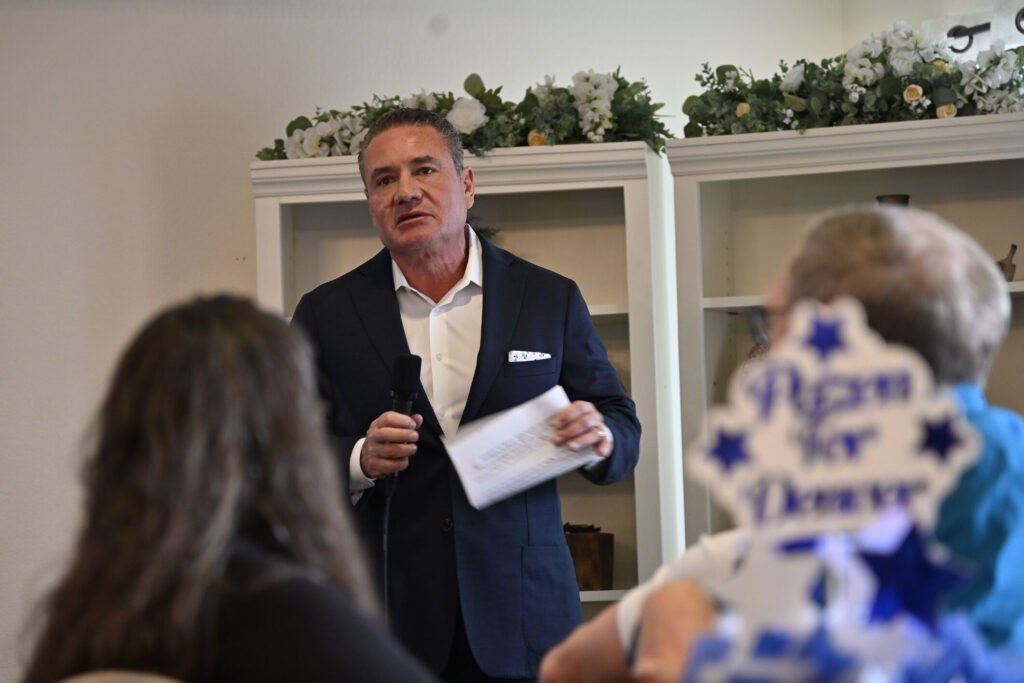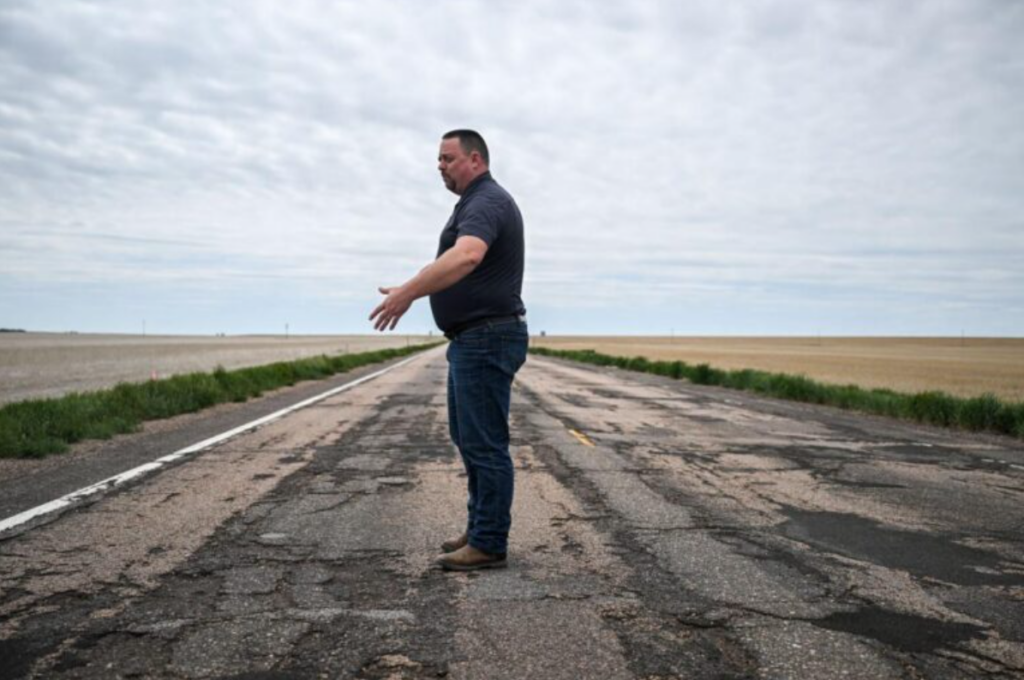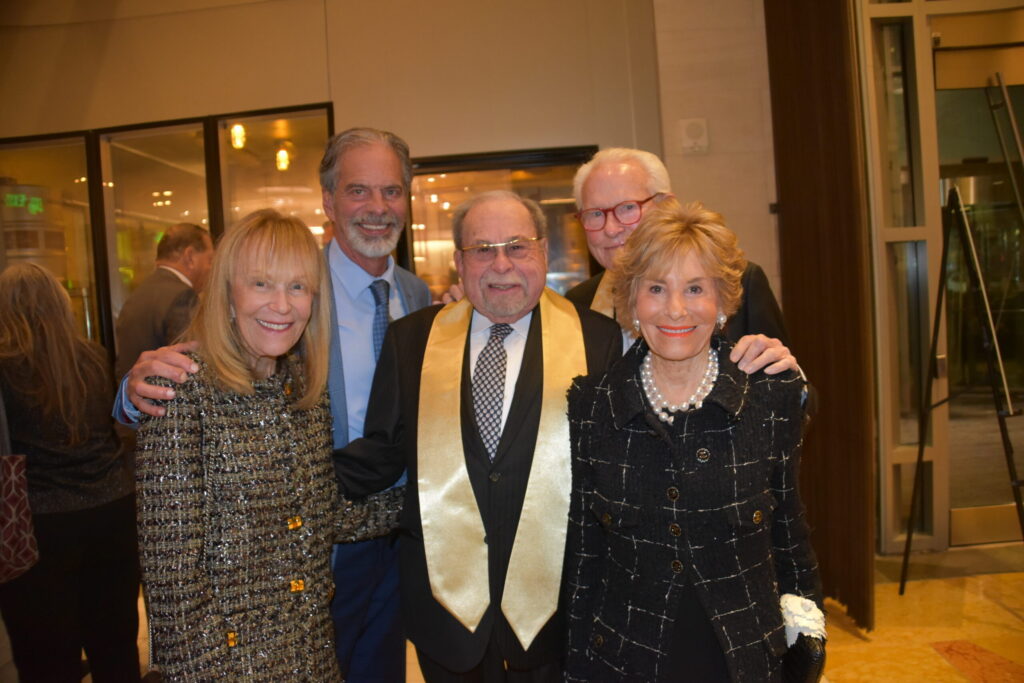YESTERYEAR: El Paso County GOP repeals and replaces the ‘RINOs’
… Twenty Years Ago This Week in The Colorado Statesman … An El Paso County Republican saga continued with self-proclaimed “true conservatives” toppling the “old guard,” seizing the reins of El Paso’s Grand Old Party. After staking their campaigns on pro-life and Christian values, they went on to capture the top three party offices and 20 bonus member slots to the state GOP Central Committee.
Many contended the social conservative sweep down south marked the end of the “big tent” era when party leadership preached tolerance for those with differing social views, particularly on the topic of abortion.
The winners? Colorado Springs attorney Wayne Williams was elected chairman of the El Paso County Republican Party, Focus on the Family executive Tom Minnery won vice chairman and Leigh Ann Rauch was chosen secretary. All three were given a stamp of approval by a coalition of “true conservative” Republicans.
But several subjugated Republicans complained that the “true conservatives” had essentially buried the inclusive philosophy and launched an “exclusive” club that would force mainstream candidates to petition on to the ballot and eventually create a backlash. These wounded elephants refused to comment to The Statesman with attribution for fear of being ousted from their precinct chairs.
As an ardent pro-life, platform Republican, Williams was sitting pretty, even before the reorganization meeting kicked off. He had locked in the endorsement of the “true conservatives” and was nominated on stage for the post by a parade of both status quo and social conservative legislators that included Sens. Ray Powers and Jeff Wells, Reps. Chuck Berry, Doug Dean, Mary Ellen Epps, Doug Lamborn, and Ron May; former District Attorney John Suthers and his successor Jeannie Smith.
Article XI of the El Paso County GOP’s bylaws regarding bonus members was the only section to be amended at the meeting. It was changed so all candidates or appointed members must sign a letter of intent to serve. The letter was to be drafted by the party chairman and would “outline the duties and expectations of the bonus members.”
When Williams was asked if the “expectations” was a reference to the “pledge” that the “true conservatives” wanted all candidates to sign, he said, “I’m not familiar with it. I haven’t read it in its final form.” Williams helped draft the amendment on the bylaws committee. He said the intent was to remove central committee members who fail to perform their duties, such as attending meetings.
“It will only apply to those candidates and those appointed to fill vacancies on the central committee,” said Williams, who didn’t plan to include the “pledge” in the letter. Those who do not sign the letter could be ousted by a vote of the county Executive Committee.
Williams was described by The Statesman as a soft-spoken attorney, family man and Mormon who avoided concrete answers with reporters with the exception of his pro-life stance.
… Ten Years Ago … Local attorneys were tapped for key party convention roles. Political consultant Mike Dino, considered one of the brightest minds in Colorado politics, was tapped as the CEO for the Denver 2008 Democratic Convention Host Committee.
Dino said that he wanted to showcase Denver and the state to a worldwide audience that would be tuning in to the Democratic National Convention in Aug. 2008. Dino stressed that fundraising would be the number one priority.
The convention had already secured $23 million in commitments, Dino explained, and the DNC and the federal government were expected to contribute to make a good event as well. And they would need it. The host committee was tasked with raising another $30 million.
Dino was joined by fellow attorney, Willie Shepard, from Hamlet Shepherd & Reichert in Denver. Shepherd served as co-chair of the finance committee and would work on collecting pledges and tapping national companies to contribute to Denver’s local effort, reported The Statesman.
Dino, who masterminded Wellington Webb’s successful come-from-behind victory for Denver mayor in 1991, had gone on to oversee intergovernmental, political affairs and transportation policy for the mayor.
A seasoned political and campaign operative, Dino had advised Gov. Bill Ritter and Congressman Ed Perlmutter in their successful bids for elected office in the 2006 election cycle. Dino also served as campaign chair for John Hickenlooper’s 2003 race for mayor.
… Meanwhile, over at the Statehouse, Legislators were pushing drunk driving bills … Rep. Joel Judd, D-Denver, crafted a bill that would require people convicted of drunk driving to install interlock devices in their vehicles that would prevent the vehicle from starting if the driver had alcohol on their breath. Judd was prompted to crack down on drunk driving after the high-profile death of Becca Bingham and her two children on Nov. 10, 2006, when a drunk driver ran them down as they were crossing a street downtown.
“I was pretty bothered by that,” Judd said. “I was thinking, ‘what is the best thing that we can do to keep a guy like that from being on the street driving drunk?'”
Judd said he would eventually like to see every car in Colorado have an ignition interlock device. But that’s not a realistic goal at this time, he said, so instead he wanted to focus on the proven problem cases.
His bill, HB-07-1189, set out to require a first-time offender to use an ignition interlock for three years. Third-time offenders would be required to blow before starting their car for 18 years.
Though the time frames would likely change before the bill was heard in committee, he said, the stepped up use of ignition interlocks was an important step toward making Colorado safer.
Maureen Cain, an attorney and the chief lobbyist for Colorado’s Criminal Defense Bar, said that states’ current DUI laws were sufficiently tough. Cain said her group was concerned that the mandates Judd promoted would inequitably punish low-income people who might not be able to pay the hefty price tags for the interlock systems.
But it wasn’t to be. Judd’s bill failed to make it out of the House Judiciary Committee on a vote of 4-7.
That wasn’t the only measure on drunk driving for the year. Rep. Kent Lambert, R-Colorado Springs, sponsored a bill that would give prosecutors the option of filing felony charges against first time drunk drivers if they were caught while driving without a license or without insurance. Lambert’s bill, HB-07-1226 was also up for a hearing in House Judiciary.
“Both of these bills are motivated by the fact that this is still one of the biggest public killers we’ve got,” Lambert said. “We’ve already told them they can’t drive or they won’t have insurance.”
But Lambert’s bill didn’t make it through the hearing either, failing on an even wider margin of 2-9.











